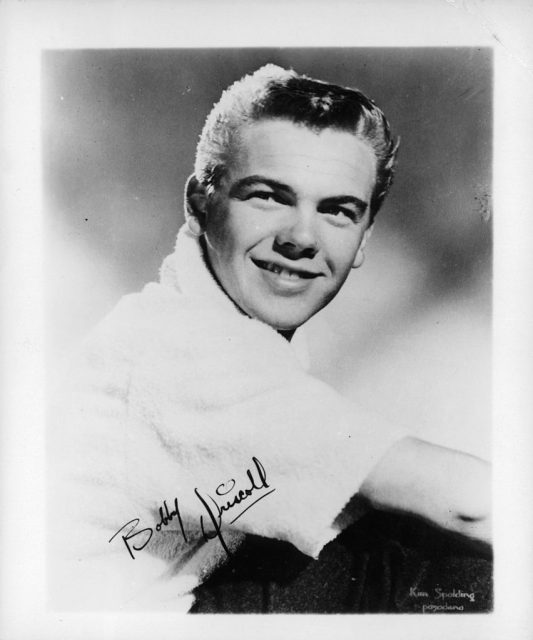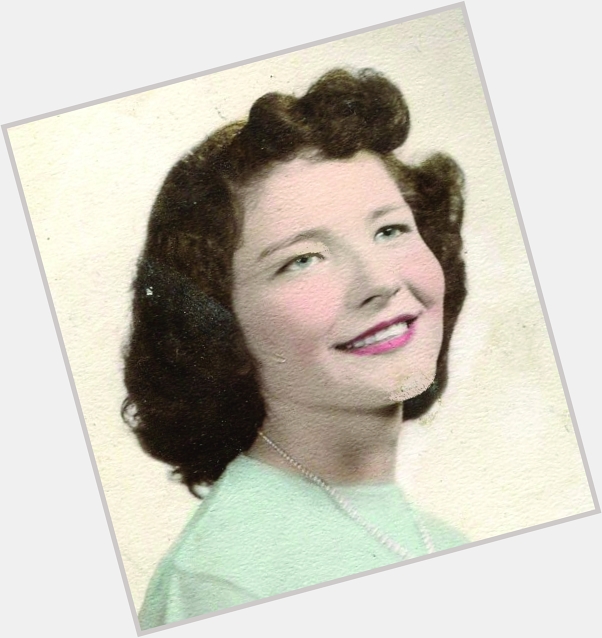Marilyn Jean Rush & Bobby Driscoll: Untold Story You Need To Know!
Who was Marilyn Jean Rush, and what legacy did she leave behind amidst the shadows of Hollywood and the tumultuous life of her famous husband, Bobby Driscoll? Marilyn Jean Rushs story, though often overshadowed by the fame of her spouse, reveals a life marked by both love and loss, and a resilience that deserves recognition beyond the periphery of the headlines.
The names "Bobby Driscoll" and "Marilyn Jean Rush" are inextricably linked, a pairing that captured fleeting moments in the Hollywood spotlight. The pair, driven by youthful impetuousness and perhaps a touch of rebellious spirit, chose to elope in December 1956. The destination was Mexico, a place where they could sidestep the objections of their families and solidify their union. The young couple was later rewed in a more formal ceremony, which took place in Los Angeles in March 1957. This act signaled a desire for a traditional beginning to what they hoped would be a lasting relationship.
Marilyn Jean Rushs life, as far as public records go, is cloaked in a degree of mystery. The specifics of her birth and early life remain unknown, adding an element of intrigue to her persona. She entered the public sphere primarily through her marriage to Bobby Driscoll, a child star who had enchanted audiences with his performances in films such as "Song of the South" and "Treasure Island." It was only through her connection to this celebrity that Marilyn Jean Rush's name and life were thrust into the public eye.
| Bio Data | Details |
|---|---|
| Full Name | Marilyn Jean Rush (Later known as Marilyn Calapai) |
| Date of Birth | Unknown |
| Place of Birth | Unknown |
| Spouse | Bobby Driscoll (Married 1957, Divorced 1960), Frank J. Calapai (Married for 39 years) |
| Children | Two daughters and a son (with Bobby Driscoll) |
| Death | January 26, 2012, Brockton, Massachusetts |
| Known For | Being the wife of actor Bobby Driscoll. |
| Education | Information not available |
| Residence | Dorchester, Massachusetts, then Brockton, Massachusetts |
| Legacy | Remembered for her marriages, motherhood, and life away from the public eye. |
The elopement was more than a romantic gesture; it was a bold statement, a step away from the constraints of societal expectations. It was an attempt to create a life of their own, far from the watchful eyes of disapproving parents. Bobby, still haunted by the child star label, attempted to forge a new path. He adopted the name Robert to try and distance himself from the roles that had once defined him. Marilyn, perhaps unknowingly, became part of that transition, a symbol of a fresh start.
Unfortunately, the relationship, which began with such fervent hope, was not built to last. The marriage of Marilyn Jean Rush and Bobby Driscoll would only endure for a mere two years, culminating in divorce in 1960. The reasons for their separation remain private, but it can be inferred that the challenges of navigating early adulthood, the pressures of Hollywoods aftermath on Bobby, and the simple passage of time, all contributed to the unraveling of their bond. They had started dating 3 months before they got married in December 1956, and were married on March 8, 1957.
After her marriage to Bobby Driscoll ended, Marilyn Jean Rush lived a life largely out of the public spotlight. She remarried, this time to Frank J. Calapai, and the couple settled in Brockton, Massachusetts. Their marriage of 39 years reflected a stable and enduring bond. In 2012, at the age of 66, Marilyn Jean Rush, then Marilyn Calapai, passed away at Good Samaritan Medical Center in Brockton. Her obituary highlighted her life as a devoted wife and daughter, underscoring the private and personal aspects of her life, a stark contrast to the fleeting moments of fame she experienced alongside Bobby Driscoll.
The intersection of Marilyn Jean Rush's life and Bobby Driscoll's career provides a lens through which to examine the transient nature of fame, the enduring impact of childhood celebrity, and the often-unseen struggles that lie beneath the surface of a glamorous facade. The story of Bobby Driscoll is a cautionary tale. The transition from child star to an adult trying to find his place in the world was anything but easy. The struggles and disappointments he encountered were profound, and the shadow of his past seemed to follow him, casting a long shadow over his life.
The emotional impact of leaving Hollywood was immense. Bobby's perception of abandonment shaped his outlook, leaving an indelible mark on his psyche. He found it difficult to adapt and to flourish in a world that had previously embraced him so wholeheartedly. He changed his name, he sought work, but the ghost of his past seemed to always linger.
Marilyn, a relatively unknown figure, perhaps represented the promise of a new life. She may have been a source of hope and support. However, their union, however brief, cannot be divorced from the larger narrative of Bobby Driscolls life. It reminds us that even in the most seemingly glamorous of worlds, struggles, disappointments, and the complexities of human relationships are always present.
The fact that Bobby and Marilyn chose to elope to Mexico in 1956 demonstrates their commitment to each other at the time. Despite any parental reservations, they prioritized their love and desire to be together. However, the eventual dissolution of their marriage serves as a sobering reminder that even passionate beginnings cannot guarantee a lifelong commitment. The legal status of their marriage was later dissolved, but the exact details are unknown.
Marilyn Jean Rushs connection to Bobby Driscoll is well-documented, but her life extended beyond the confines of their marriage. Her obituary speaks to a life of family and community, suggesting she carved out a life of her own. The specifics of her formative years are not readily available, but her upbringing undeniably influenced her perspectives and aspirations. The obituary highlighted her role as a beloved wife, daughter, and friend, a testament to her impact on those who knew her. The details of her early life and her later years, as she built a life independent of Hollywood, offer a glimpse into the human being behind the headlines.
Her passing in 2012, following a period of declining health, marked the end of an era. Marilyn Jean Rush/Calapais life served as a poignant reminder of the unpredictable paths that lives take, the fleeting nature of fame, and the enduring importance of personal connections. Her story, though intertwined with the highs and lows of Hollywood, underscores the importance of understanding the whole person. It reminds us that behind every celebrity, there are human stories, challenges, and the search for belonging. The legacy of Marilyn Jean Rush is not about stardom, but about a life lived with dedication, love, and resilience.



